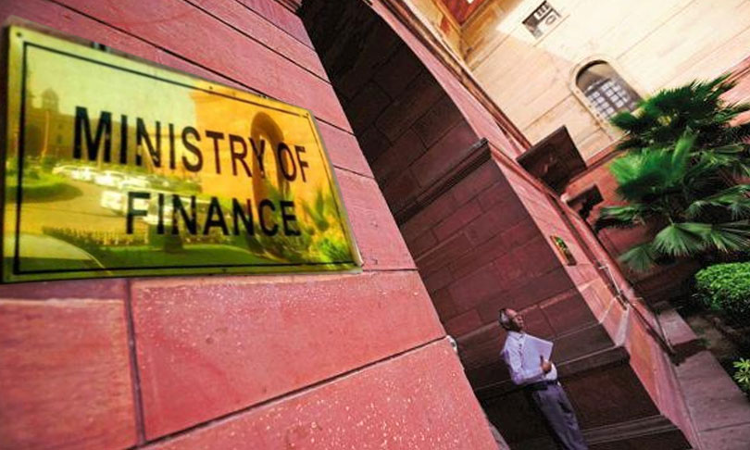On 7th March, 2023, the Ministry of Finance, Department of Revenue, Government of India notified the 2023 Amendment to the Prevention of Money-laundering (Maintenance of Records) Rules, 2005. The rules have been made in exercise of power vested in the Central Government under Section 73 of the Prevention of Money-Laundering Act, 2002. By inserting Clause (cba), ‘Group’ has been defined...

